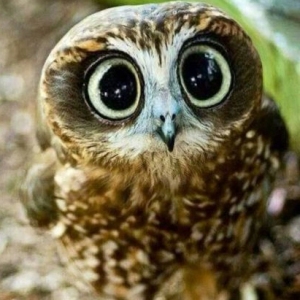Importance is a relative concept. Whether fourteenth-century Iberian craftsmen were familiar with the scientific literature of tenth-century Iraq, how Iraqi lustreware was made, who made the illustrations in this or that manuscript based on which drafts, are all extremely important questions in their own right. So important that they will surely save us from the mayhem that the world seems to be going headfirst into. When Islamic State militants come for me, for example, I will be fully prepared to give them a well-structured lecture on geometry and pattern in Islamic art, with powerpoint, handout and all that, which I am sure they would love. I expect them to ask good questions before cutting my head off and would be happy to schedule tutorials for when we are all in jahannam, but I will stop here, only because there now seems to be a constantly dropping limit to the black humour that many of us can take.
I do believe that what we do is potentially important. Just not for the reasons that seem to matter to most of us. Not all of us, thankfully, as we do have a handful of colleagues who are taking the time to make a real impact, though they are a tiny minority. Humanities scholars working on the Islamic world at UK institutions, including myself, are like teenagers. We need to be woken up and told to get out of the comfort of our messy rooms and face the real world. Our existence is comfortable because very few people care about us, even though we do moan about this very fact all the time, and some of the people who do care are quite rich and powerful. This leaves us with minimum disturbance in the cosy atmosphere of a dimmed lecture room in the basement of a research centre sponsored in all likelihood by one or the other murky collector or Middle Eastern dictatorial regime, where we go on and on about the questions above and many others (all equally important) with a handful of smart and hardworking students. Why on earth would anybody want to leave that?
No, of course we do not want to grow up and leave that dim room, but we have to, because as academics we have a responsibility to a society that consists predominantly of people who do not even come near that room (among other reasons, because we do not allow them to). I know I am being boring by just saying that, so allow me to get a bit nastier if only to be more precise: We need to get over our contempt for the guidelines concerning ‘impact’ that are published by research funding bodies, and give some serious thought to how we can indeed make the maximum impact, instead of putting into our funding applications half-hearted promises we know we will never keep unless we absolutely have to just to set the records straight. More importantly, we must make this effort regardless of any promise of funding. This poor planet of ours is now reaching such a point of explosive conflict that as humanities researchers on the Islamic world, the urgency of our responsibility may soon become comparable to that of climate researchers.
Let us wake up and change the world, little by little, and not go back to our rooms and sulk when we realise that we can’t change it overnight.
